A seasonal allergy that occurs in a particular season is more commonly known as hay fever. The most common allergens are pollens from wind-pollinated plants, such as trees, grasses, and weeds.
While the timing and severity of an allergy season vary across the country, the factors that can trigger allergies are trees and grass pollens thrive during cool nights and warm days. The pollen levels tend to peak in the morning hours. Even though rain washes the pollen away, but pollen counts can surge after rainfall or when the day is windy and warm.
This post may contain affiliate links. Please read the disclaimer for more information.
What are the Symptoms of Seasonal Allergy
Seasonal allergies trigger during the change in weather. Kids who are allergic to pollen may seem to have symptoms like:
- sneezing, watery and itchy eyes
- runny or stuffy nose
- itchy sinuses, throat, or ear canal
- wheezing
- coughing
How to treat seasonal allergies in children
Every year when the weather changes, some kids may get allergies regardless. For that reason, as my kids’ pediatrician recommended, you can start giving them the dose of Claritin or Zyrtec so they do not get sick due to seasonal allergies every time the weather changes.
In addition to that, you can take these steps to deal with seasonal allergies for your kids.
1. Frequent Feedings to stay hydrated
For breastfeeding babies – Nurse them more frequently than normal. They usually stop taking or take very little feed because babies don’t know how to breathe through their mouths when congested. They couldn’t latch for a long time as in normal conditions.
Keeping babies or toddlers well-hydrated is essential. They might refuse to eat or drink, but whatever form of liquid you prefer – breastmilk, formula, juices, water, popsicles – just keep offering to help your child stay hydrated.
2. Humidifier
A humidifier releases moisture in the air that helps loosen the mucus, making it less hard to breathe with a stuffy nose.
My kids’ pediatrician always recommends having a humidifier in the main area or baby’s nursery if you have an infant.
Keep in mind; humidifiers require frequent cleaning – otherwise, the foam inside gets mold. Also, you have to make sure your room or house has a proper ventilation system.
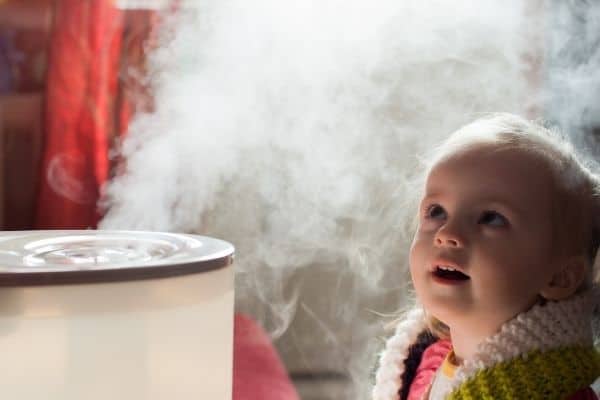
3. Medication: Zyrtec/ Benedryl /Tylenol
For allergies, you need to give your child anti-allergy like Zyrtec or Benadryl, or Claritin.
Zyrtec is non-drowsy, works for 24 hours, whereas Benadryl has drowsiness and works for about 4 to 6 hours. For some children, Benedryl helps with sleep, but some kids get hyper and irritated. Always watch for any concerning signs after medication doses.
Tylenol is a fever reducer, over the counter medicine, and considered safe for babies. You need a Tylenol dose every 4 to 6 hours as prescribed by the doctor.
Always ask your pediatrician about medication and how safe it is according to your child’s age and the dosage you need.
4. Handwashing and Bathing Frequently
Have your child wash hands frequently. Bathing your child every day, especially after outdoor activities, should help. This will help pollen or dust get washed away.
Shower before bedtime results in faster recovery; however, if you follow morning routines for showers, I highly recommend changing your child’s clothes after outdoor play while they have allergies.
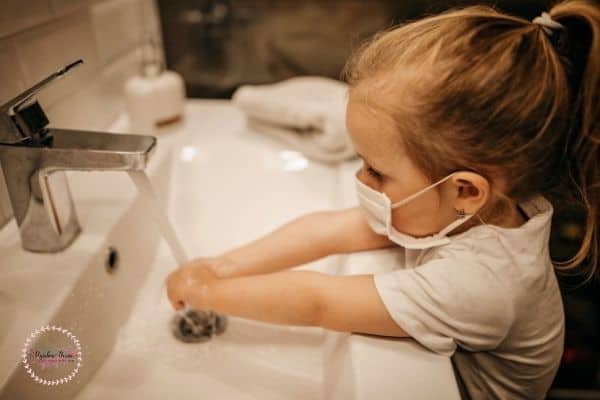
5. Nasal Spray
Using Nasal Spray 2 to 3 times or as needed in babies each nostril. A nasal spray is medicated saltwater and extremely effective for babies, toddlers, and adults.
This spray helps soften the mucus inside the nasal passage, and definitely, it is worth having this product at hand as you are going to use it regularly. Especially before bedtime, when they usually have trouble sleeping through the night due to the congested nose, spray 3 to 4 times in each nostril, and your child sleeps comfortably.
6. Nose Frieda – Nasal suction device
Nasal sucker is a sanity saver for new parents. Every parent should have this at home at all times after the baby is born. Unfortunately, infants cannot blow their noses, and they cannot sleep well with a congested nose. So it is important to have a nose Frieda device at home.
In order to relieve a stuffy nose, use nasal spray a couple of times in each nostril and suck mucus out of the baby’s nose with the help of an aspirator. You can also use a simple nose sucker that you might have got at the hospital.
If you have trouble using a manual nasal sucker, you can use a battery-operated one.
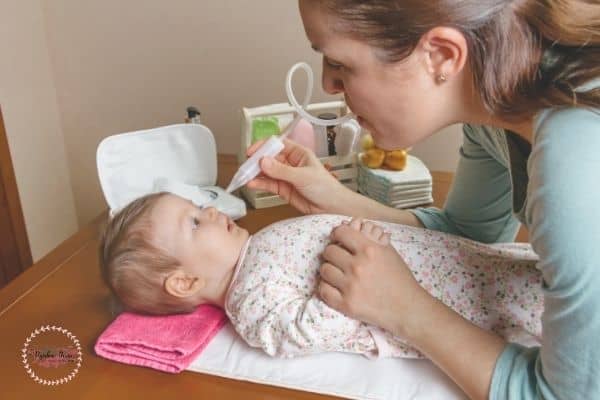
7. Boogie wipes
Seasonal allergy can cause a stuffy nose. Boogie wipes will help you wipe off the runny or stuffy nose easily without causing rashes around the nose, usually due to frequent wiping off with an ordinary dry napkin.
The best hack is, moisten the napkin as it becomes soft and doesn’t scratch delicate skin.
8. Air Purifier
Having an Air Purifier is the best thing you can do when you have babies and older kids. Make sure your house is smoke-free, with small kids. Air purifiers help to keep the air clean in the house, especially during the pollen season.
I have this one at home, and I highly recommend you to have it in your home as it will keep your house Odor-free and take away any post-cooking smell faster.
9. Change bedcovers and crib sheets frequently
Last but not least, this remedy works best during the pollen allergy season.
Changing bedcovers frequently for kids’ cribs or big beds are equally essential. During pollen season, bedcovers get pollens too if you have doors or windows open during any time of the day.
Keep windows and doors shut at home and in your car during allergy season.
Washing clothes and bed cover frequently helps you avoid getting sick. If your child gets sick during pollen season, change linens, towels, and other essentials more often, especially after your child starts feeling better.
Typically, it will take about 2 to 3 days to feel better. However, if you think your child does not have a pollen allergy, you should make an appointment with your Child’s doctor.
10. Start giving a vitamin supplement to have better immunity
In my experience, supplements every day increase your immunity tremendously to fight all sorts of diseases. If you are taking supplements, you may feel sick for a day or two, and eventually, you will feel better rather than feeling sick for the whole week.
Similarly, your kids should have better immunity for allergies and illness. I would recommend using Multivitamins for kids with no pre-existing medical conditions. Always discuss with your child’s doctor the options of giving supplements.
Some recommendations are:
Elderberry Gummies to protect them from viral infections.
Zarbees immunity support supplements for everyday use for 2-year-olds and older. I am using this one for my kids, and I highly recommend it.
Related: How to get your picky eater to start eating proper meals.
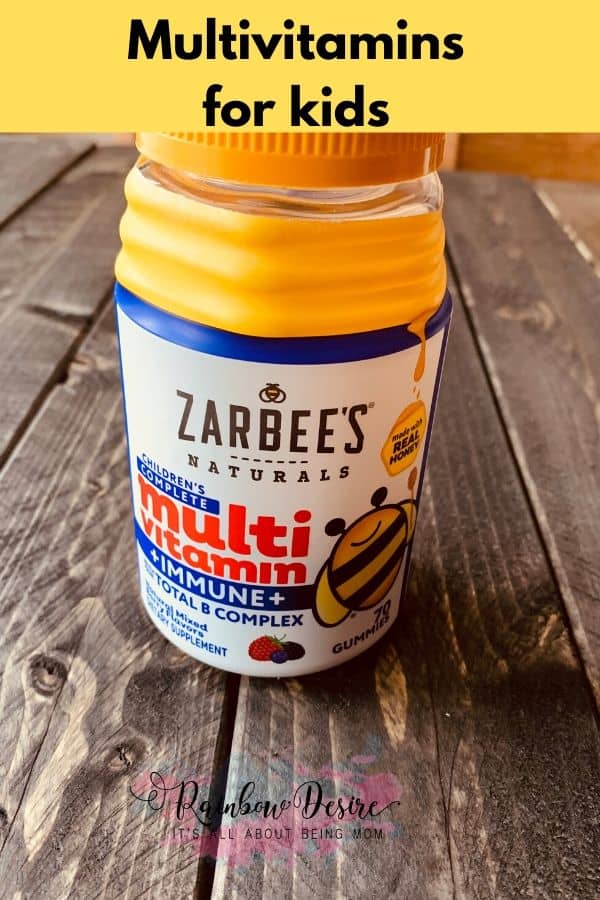
Read more
How to treat cold and flu in babies.

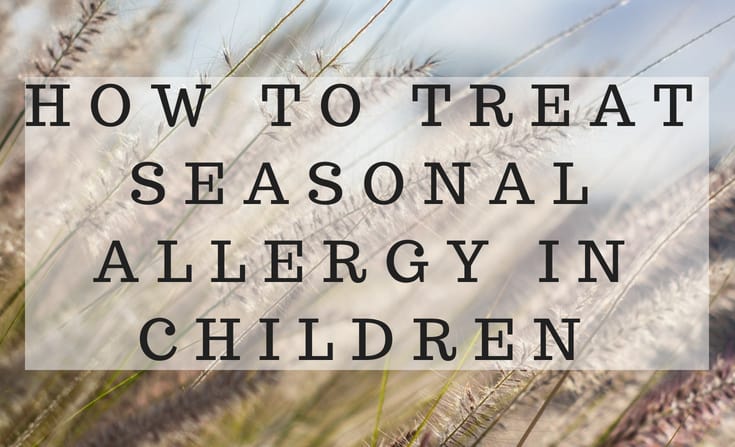


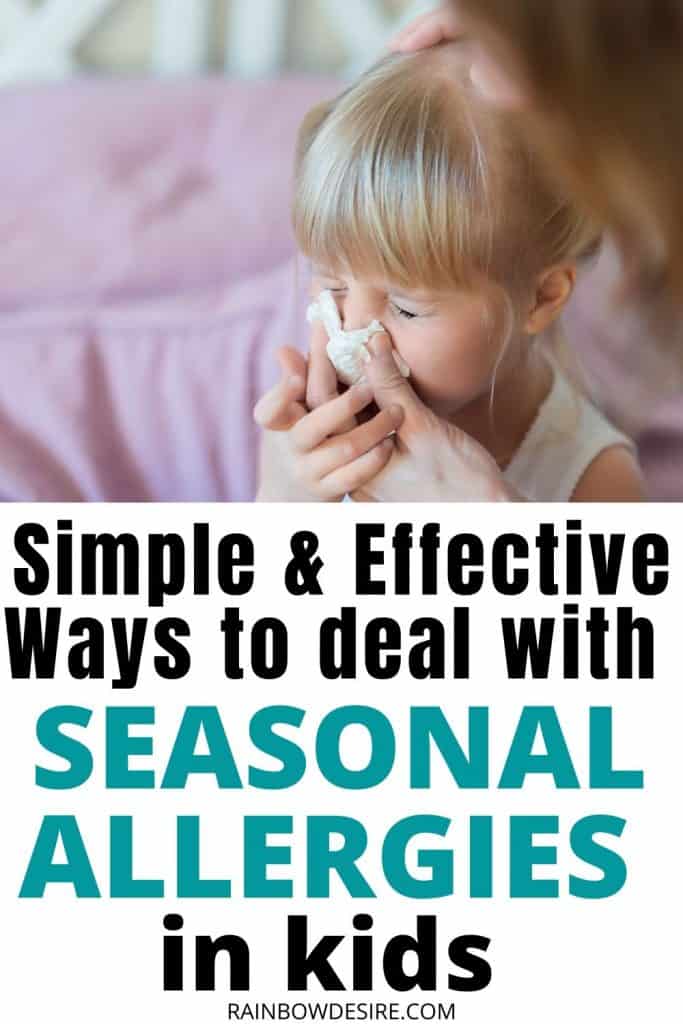
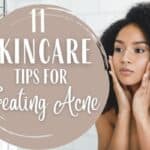
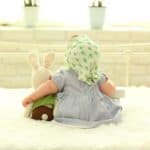

1 thought on “9 Effective ways to prevent Seasonal Allergy in children”